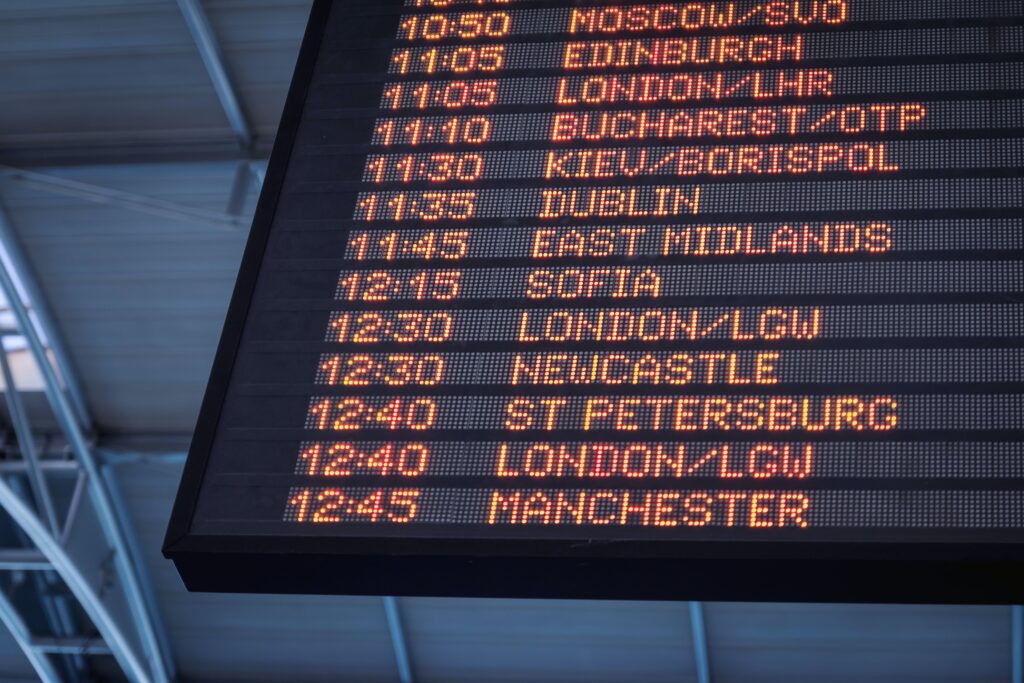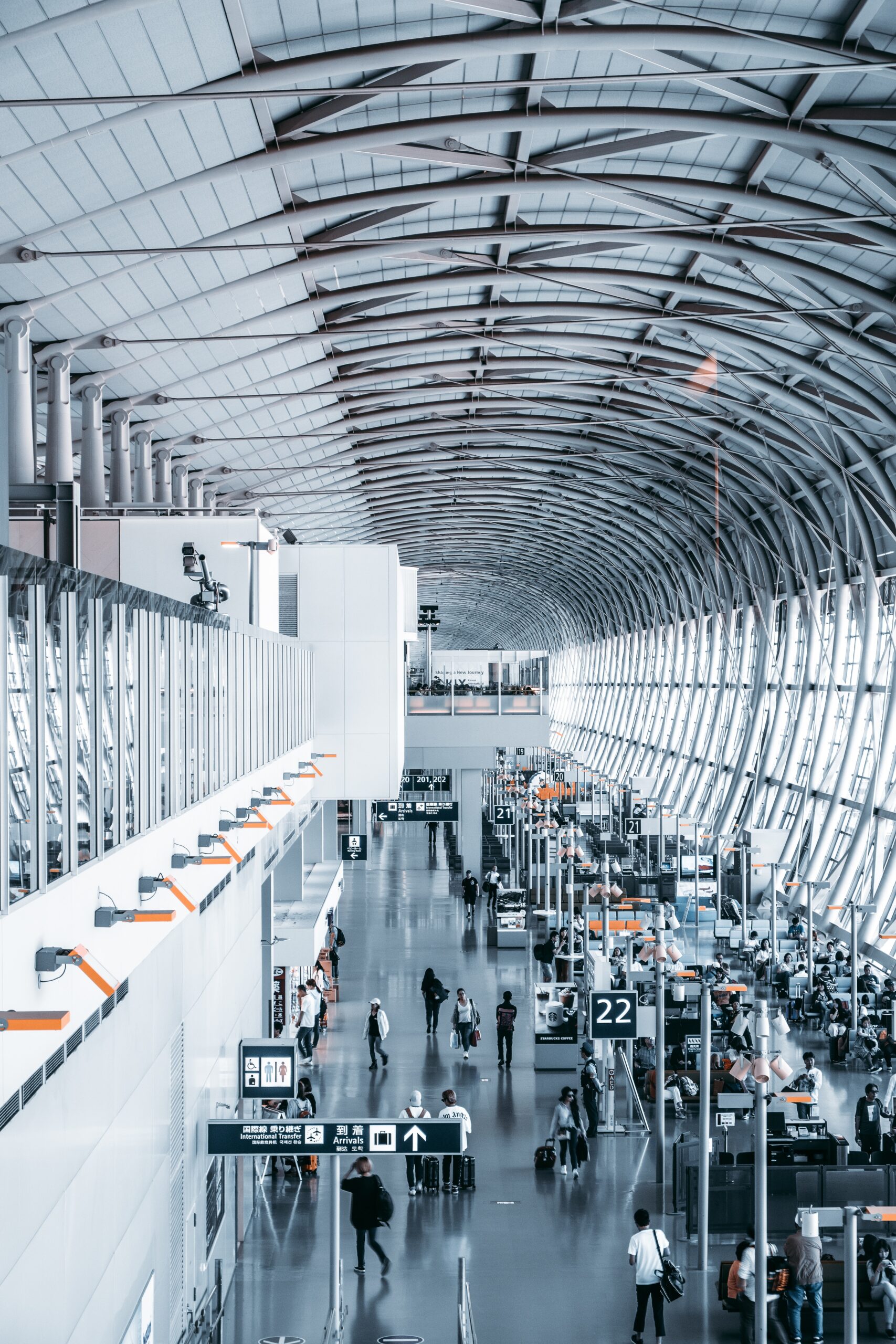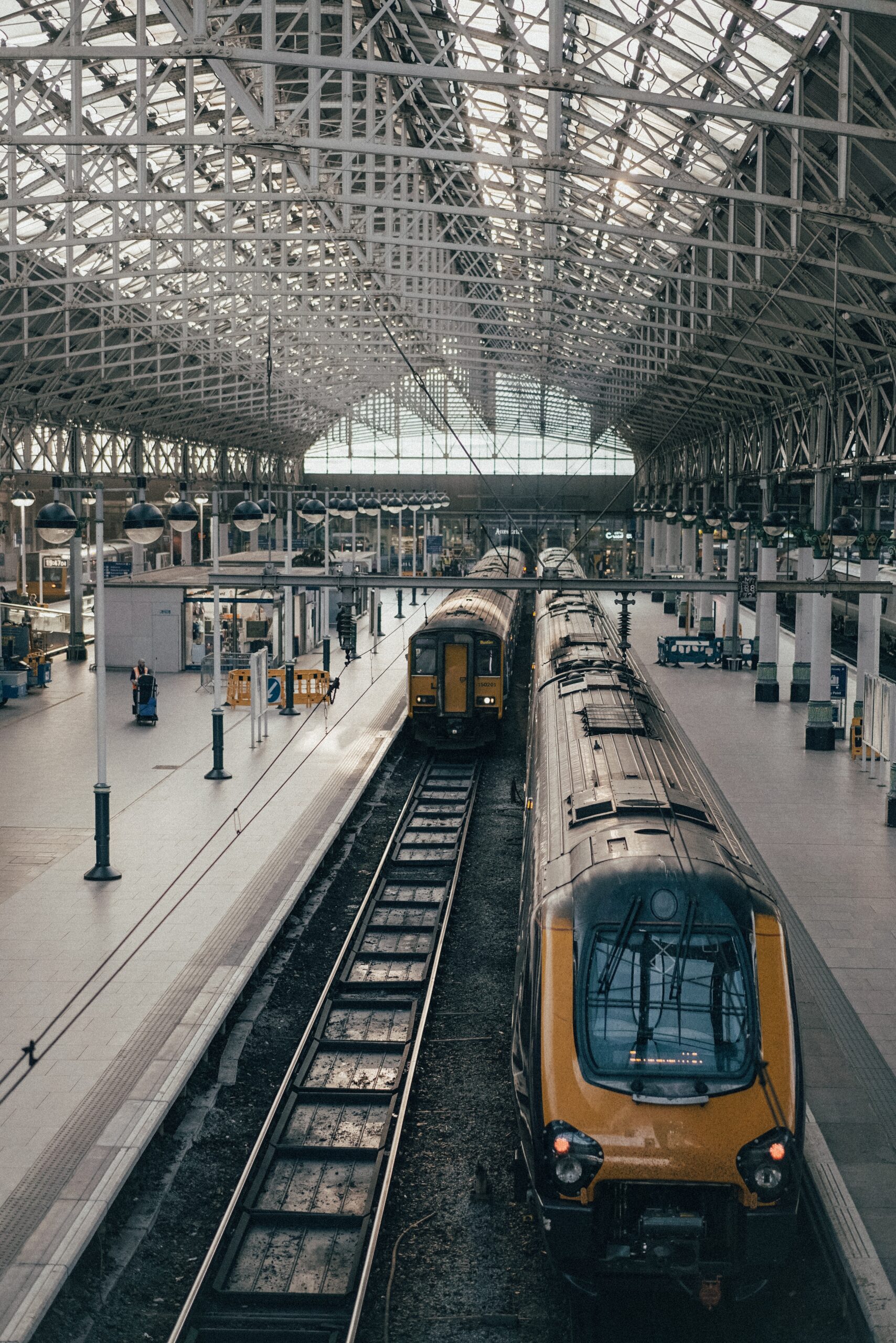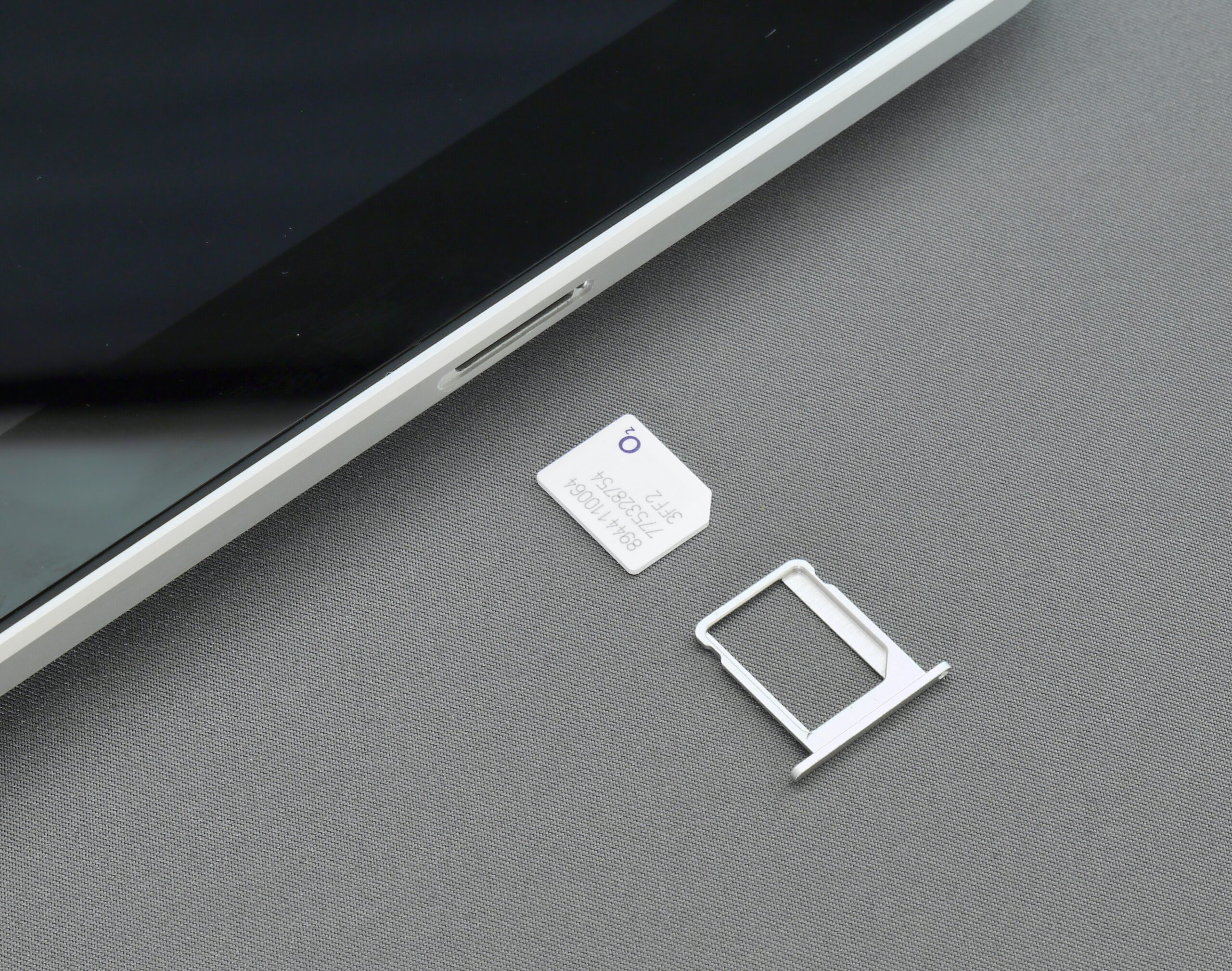Somalia Transportation Guide
Somalia Transportation Guide: Transportation includes limited road infrastructure, with local buses, taxis, and small airlines serving major cities amid challenging conditions.


Somalia Transportation Guide – International Airports
Somalia has several international airports that serve as entry and exit points for travelers to and from the country. These airports are important for both domestic and international flights. Here are some of the major international airports in Somalia:
Aden Adde International Airport (IATA: MGQ):
Aden Adde International Airport is the largest and busiest airport in Somalia. It is located in the capital city, Mogadishu, and serves as the primary gateway for international travelers. The airport offers both domestic and international flights, connecting Somalia to various destinations.
Hargeisa Egal International Airport (IATA: HGA):
Hargeisa Egal International Airport is located in Hargeisa, the capital of the self-declared Republic of Somaliland. While not internationally recognized as a separate country, Somaliland operates its own airports, and this airport handles international flights.
Bosaso Airport (IATA: BSA):
Bosaso Airport is situated in the coastal city of Bosaso in the Puntland region of Somalia. It serves as an important transportation hub for the region and provides international flights.
Galkayo Airport (IATA: GLK):
Galkayo Airport is located in Galkayo, a city in the Mudug region of Somalia. It handles both domestic and international flights.
Berbera Airport (IATA: BBO):
Berbera Airport is located in the port city of Berbera in the self-declared Republic of Somaliland. Similar to Hargeisa Egal International Airport, it handles international flights for the region.
Baidoa Airport (IATA: BIB):
Baidoa Airport is located in Baidoa, the capital of the South West State in Somalia. It facilitates domestic and international air travel in the region.
National Airports
In addition to the major international airports, Somalia has several national airports and airstrips that serve domestic flights and connect various regions of the country. These national airports play a crucial role in facilitating internal travel within Somalia. Here are some of the national airports and airstrips in Somalia:
Adado Airport (IATA: AAD):
Adado Airport is located in the town of Adado in the Galmudug region of central Somalia. It serves as a domestic airport providing air travel services within the region.
Beletweyne Airport (IATA: HCM):
Beletweyne Airport is situated in Beletweyne, a city in the Hiran region of Somalia. It provides domestic flights within the region.
Kismayo Airport (IATA: KMU):
Kismayo Airport is located in the port city of Kismayo, which is the administrative capital of the Jubaland state in southern Somalia. It handles domestic flights to and from other parts of Somalia.
Mogadishu Airport (IATA: XAA):
While Aden Adde International Airport in Mogadishu primarily serves international flights, it also operates domestic flights to other cities within Somalia. The airport handles both international and domestic air travel.
Bardera Airport (IATA: BSY):
Bardera Airport is situated in Bardera, a city in the Gedo region of Somalia. It provides domestic air services within the region.
Garowe Airport (IATA: GGR):
Garowe Airport is located in Garowe, the capital city of the Puntland region. It serves as a domestic airport connecting various parts of Puntland and Somalia.
Hudur Airport (IATA: HCM):
Hudur Airport is situated in Hudur, the capital of the Bakool region in southwestern Somalia. It facilitates domestic flights within the region.
Bosaso Airport (IATA: BSA):
While Bosaso Airport primarily serves international flights, it also operates domestic flights connecting Bosaso to other parts of Somalia.
Somalia Transportation Guide – Trains
Somalia did not have a functioning railway system for passenger or freight transportation. The country’s railway infrastructure had largely been dismantled or fallen into disrepair due to decades of political instability and conflict. However, there have been discussions and plans to rehabilitate and rebuild the railway network in Somalia, particularly in the northern regions, for both economic and transportation purposes.
Historically, Somalia had a limited railway system, primarily focused on transporting goods, such as livestock and agricultural products, to the ports for export. The most significant railway line was the Mogadishu-Villabruzzi Railway, which connected the capital, Mogadishu, to the town of Villabruzzi (Villabruzzi is known today as Marka and is located about 90 kilometers southwest of Mogadishu).


Somalia Transportation Guide – Buses
In Somalia, especially in urban areas like the capital, Mogadishu, buses and other forms of public transportation are not as commonly used or well-developed as in many other countries. Somalia has faced decades of political instability and conflict, which have affected its infrastructure and public services, including transportation.
However, some forms of public transportation do exist in Somalia’s major cities, and transportation options can vary from place to place. Here are some aspects of public transportation, including buses, in Somalia:
Minibuses (Dabaaldeg):
Minibuses, locally known as “dabaaldeg,” are a common mode of public transportation in some urban areas.
These minibuses are often privately owned and operated, and they follow set routes within cities.
They are typically small and can accommodate a limited number of passengers.
Shared Taxis:
Shared taxis, known as “taako” or “shaare,” are another form of transportation in Somalia.
Passengers share a taxi with others traveling in the same direction, making it a cost-effective option for short distances within cities.
Rickshaws and Bajaj:
In some areas, particularly in Mogadishu, you can find rickshaws (known as “bajaj”) for short-distance travel.
These three-wheeled vehicles are a common sight and are often used for quick trips within the city.
Private Vehicles and Walking:
Due to the limited availability and reliability of public transportation, many people in Somalia rely on private vehicles, including cars and motorcycles, for daily commuting.
In some areas, walking may also be a common mode of transportation for short distances.


We recommend
Somalia travel tips
Our guide offers essential Somalia travel tips and insights for an unforgettable journey. Plan your trip with us!
Somalia Transportation Guide – SIM Cards
Registration: Provide identification to register your SIM card, a standard procedure in Somalia.
Top-Up Options: Recharge with prepaid credit available at local stores or through mobile money services.
Data Plans: Select data packages based on your needs for internet access; options vary among providers.
Coverage Areas: Confirm coverage in your travel destinations, especially in more remote or rural areas.
Mobile Money: Explore mobile money services like EVC Plus for convenient transactions and financial activities.
Validity Period: Be aware of the SIM card’s expiration date and top up before it expires to retain services.
Emergency Services: Save local emergency numbers and familiarize yourself with available services.
Dual SIM Phones: Consider using a dual SIM phone to facilitate communication and access different networks if needed.
Language: Ensure you understand the language on the SIM card instructions or seek assistance for activation.
Internet Settings: Configure your phone’s APN settings for seamless data connectivity; providers can assist if needed.
Reception Quality: Test the reception in different locations and be prepared for variations in signal strength.
Roaming: Check roaming options with your home country’s provider and the associated costs before traveling.
Customer Service: Save customer service numbers for quick assistance with any issues or inquiries.
Local Advice: Seek advice from locals or fellow travelers for insights into the best SIM card options.
SIM Replacement: Know the procedure for SIM card replacement in case of damage or malfunction.
Phone Compatibility: Confirm that your phone supports the local network frequencies for optimal performance.
Network Updates: Stay informed about any network updates, promotions, or changes in services offered by the provider.
Currency Converter
Currency Converter EUR/USD: Tue, 3 Jun.
Unit Converter
Somalia Transportation Guide – Maps
What map do you need?
Choose your destination
More information about this country







